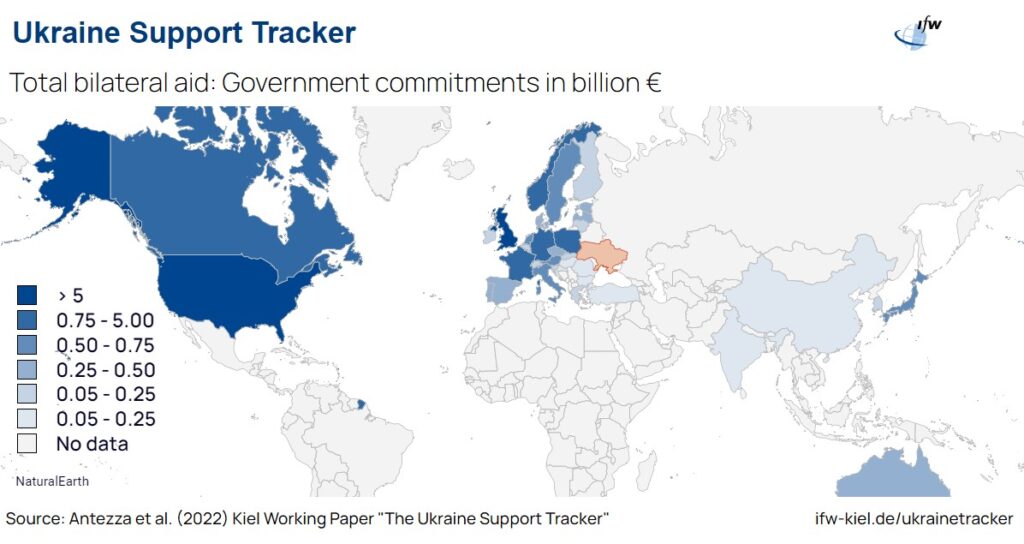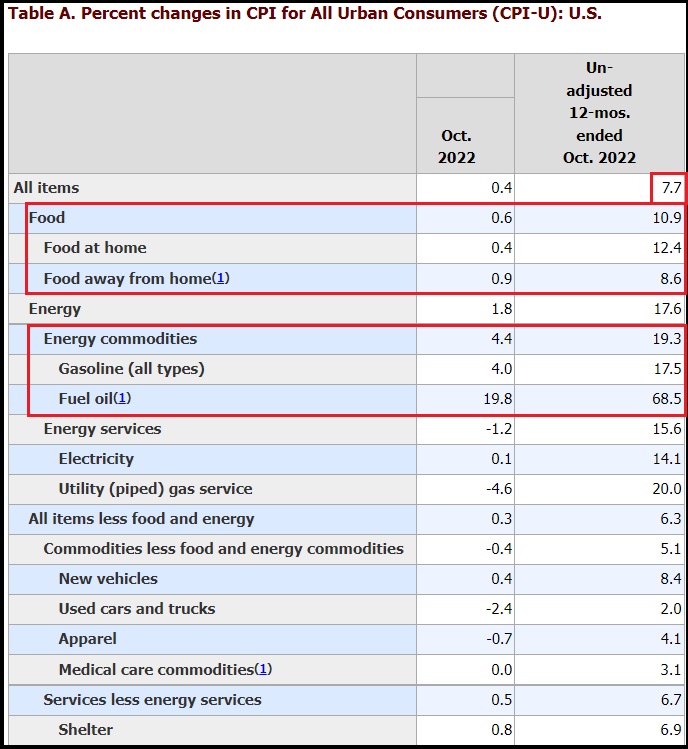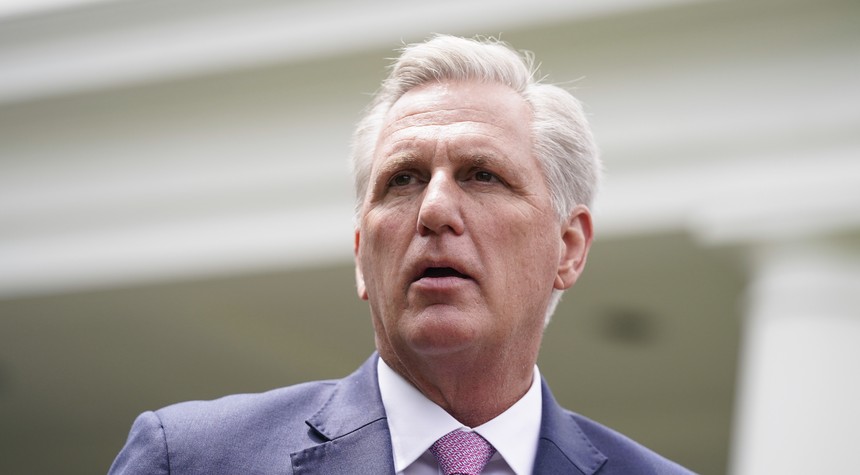Recriminations about who is responsible for the fizzled “red wave” on Tuesday began as soon as the disappointing results trickled in that night.
Fingers immediately pointed at Donald Trump; the Wall Street Journal editorial board, mouthpiece for the establishment wing of the GOP, on Wednesday branded Trump “the Republican Party’s biggest loser.” NeverTrumpers at the “conservative” Washington Examiner also blamed unexpected losses on the former president. “These midterm elections have made it crystal clear that voters want to move past the chaos and dishonor of the 45th president,” editors wrote on November 9. “They want the security and sanity that a competent and effective leader can provide. The Republican Party needs to recognize that, too, and act accordingly.”
Of course Trump deserves part of the blame for what we are told is a humiliating defeat. He is, by every measure, the leader of the Republican Party. Candidates jockeyed for his endorsement and he hosted get-out-the-vote campaign rallies across the country.
Trump owns a few duds, most notably longtime quack Dr. Mehmet Oz, who lost the Pennsylvania U.S. Senate race to part-vegetable John Fetterman. But Trump isn’t solely culpable for a midterm election that, for now at least, defies the historical precedent that the party in charge of the White House suffers double-digit losses in Congress. (Republicans are still favored to win the House but by a much smaller margin than predicted.)
Exit polls, however, seem to contradict the idea that Trump played a major factor in the unexpected outcome. According to a comprehensive survey of more than 18,000 voters taken on November 8, 54 percent said Trump was not a factor in how they voted; 47 percent said the same of Joe Biden.
If there was a protest vote—only 28 percent said they voted Democrat to oppose Trump—it appeared to have little impact. For the most part, opinions of elected officials, party preference, direction of the country, and views on the economy were fairly even between Democrats and Republicans, who held a three-point edge when asked which party should control the U.S. House next year. Favorable ratings for both parties hover around 40 percent—ditto for Trump and Biden.
But overall, more than 6 million more Republicans than Democrats voted in the election. So, what happened to the red wave?
If there’s any single culprit, the post-Dobbs political climate was more toxic to Republicans than conventional wisdom suggested. While many pre-election polls indicated abortion was not a top issue post-Dobbs, the exit polls showed otherwise. Abortion was listed as the second most-important issue, only 4 points behind inflation, the top answer at 31 percent. Of those who listed abortion as the most important issue, 76 percent voted for Democrats. Nearly 40 percent said they were “angry” that Roe v. Wade was overturned; 85 percent of self-proclaimed “angry” abortion supporters voted Democrat.
National and state-level Democrats poured resources into scare campaigns. A ballot initiative to protect abortion rights undoubtedly helped Michigan Governor Gretchen Whitmer win her reelection bid handily, despite her harsh lockdown policies and robotic personality. Early vote totals out of the University of Michigan showed that 93 percent of the student body voted for Whitmer over Republican Tudor Dixon.
Which leads to another problem for Republicans, although certainly not a new one. Democrats won the under-30 cohort by nearly 2-1. While Gen Z and the youngest millennials only made up 12 percent of the electorate, it’s easy to see how that relatively small slice of voters—for example, those ages 45-64 represented 40 percent of the total vote—benefited Democrats in tight areas, particularly college towns. It’s unclear how Republicans courted young voters, if at all.
But something doesn’t add up here. An interesting comparison between 2022 exit polls and the 2018 midterm election—when Democrats picked up 40 seats and regained control of the House—showed Republicans did better this year among every single constituency group including minorities, suburbanites, white women, and even young voters. Independents gave Democrats a 12-point advantage in 2018 but statistically tied between both parties this year.
The major difference between 2018 and 2022, of course, is how Americans vote. Just as Democrats capitalized on lax, pandemic-related election guidance in 2020, the party again took advantage of these rules in 2022. According to Ballotpedia, 28 million Americans voted by absentee or mail-in ballot in 2018. Early data shows 52 million voters requested mail-in ballots for this election; nearly half were Democrats while 28 percent were Republicans.
And therein lies the biggest obstacle—and source of blame—for Republicans. These reckless methods of voting are not going away any time soon and, in fact, will only get more irresponsible and opaque in so-called “swing” states now controlled by Democratic governors and legislatures.
This is clearly an area where national and statewide GOP officials faltered. No matter how much Republicans prefer to vote on Election Day, the party must work to change that habit. Republicans admittedly are at a big disadvantage since mini-colonies of loyal voters on college campuses and public employee union halls don’t exist for the GOP like they do for Democrats, so efforts must get underway immediately. Stubborn adherence to traditional ways of voting cost Trump the presidency in 2020—in addition to the other Democratic Party chicanery and lawlessness—and have now prevented Republicans from gaining a mandate-level majority in the House and any chance to take a slim majority in the Senate.
“Elections are not run anymore like they were in the 1980s,” Fox News contributor Mollie Hemingway said on Wednesday night. “There is now [an] extensive period of voting where people who are smart are running get-out-the-vote operations every day, hauling in ballots every day. Republicans keep thinking Election Day is a single day and they think if they get everyone excited for that last day that that will be sufficient. That is not sufficient. There needs to be an effective ground game. That is on Republican leadership. And there’s only so much that everyone else can do with their enthusiasm.”
Indeed.
Republican leaders should also wear the jacket on poor decisions related to overall messaging—do we really need to be reminded each day how much groceries cost?—failure to produce a detailed plan to mitigate Biden-created crises, and a weak sense of commitment to finally holding accountable a vengeful administrative state in Washington, particularly the Department of Justice and FBI, destroying the lives of Trump supporters. The pettiness of Senate Minority Leader Mitch McConnell (R-Ky.) also left some GOP Senate candidates fighting without needed resources.
But mechanics still matter. Republicans are partially responsible for constructing the unreliable election apparatus now in place for the foreseeable future. If they ever want to win again, and that’s a big if, the GOP must play by the rules they helped create.











